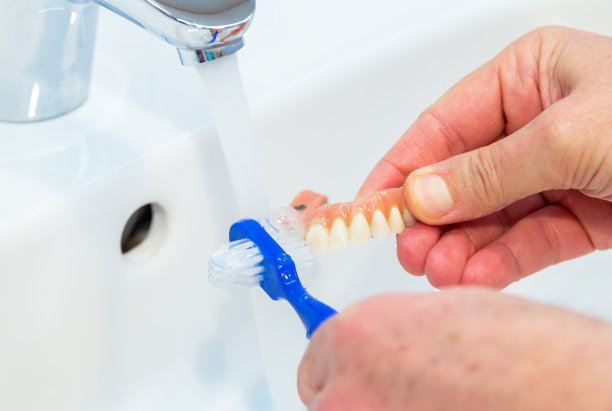Essential Guidelines for Patients to Follow Before Undergoing Root Canal Treatment for Optimal Results
Summary: Root canal treatment can be a necessary procedure for saving a tooth afflicted with decay or infection. To ensure a successful outcome, patients must follow certain essential guidelines before the procedure. This article outlines four critical aspects for patients to consider: selecting the right dental professional, understanding the procedure, preparing both physically and mentally, and discussing post-treatment care. Being well-informed and adequately prepared can lead to optimal results, a more comfortable experience, and faster recovery.
1. Choosing the Right Dental Professional

The first step in ensuring an optimal root canal experience is selecting an experienced dental professional. Researching practitioners in your area can make a significant difference. Look for dentists who have specialized training in endodontics, as they focus on root canal treatments and often possess advanced skills and knowledge.
Moreover, reading patient reviews and testimonials can provide insights into a dentist’s reputation and approach. Dont hesitate to ask for recommendations from friends, family, or your general dentist, who can suggest an endodontist they trust.
Lastly, consider scheduling a consultation. This initial meeting allows you to assess the dentists communication style, the comfort of the clinic environment, and the staffs professionalism, helping you feel confident in your choice.
2. Understanding the Root Canal Procedure
Before undergoing the procedure, its vital for patients to understand what a root canal entails. A root canal is performed to remove infected or damaged pulp from the tooth, which helps to preserve the tooth itself. Familiarizing yourself with this process can alleviate anxiety and foster a sense of control.
Additionally, ask your dentist questions about the procedure, including what instruments will be used, how long it will take, and what sensations you might experience. Understanding pain management options, such as local anesthesia or sedation, is also crucial.
Finally, discussing your specific case with your dentist will help you understand why the root canal is necessary, possible complications, and the expected outcomes. Such transparency is essential for informed decision-making.
3. Physical and Mental Preparation
Preparation for a root canal goes beyond merely understanding the procedure. Physically, it’s important to follow any instructions given by your dentist, such as fasting for a few hours prior to the treatment if sedation will be used. Arranging for someone to accompany you may also be advisable, particularly if you opt for sedatives.
Mental preparation is equally important. The prospect of dental work can cause anxiety, so consider practicing relaxation techniques such as deep breathing or visualization to ease your nerves. Some patients find it helpful to listen to music or an audiobook during treatment as a distraction.
Lastly, ensuring that you’re well-rested before the appointment can also play a significant role in your emotional state. The better you feel physically, the more positive your attitude will be toward the treatment.
4. Discussing Post-Treatment Care
Understanding post-treatment care is essential for optimal recovery after a root canal. Your dentist will likely provide specific aftercare instructions regarding pain management, dietary restrictions, and activities to avoid. Following these guidelines will minimize discomfort and promote healing.
Additionally, scheduling a follow-up appointment ensures that the tooth is healing properly. This is a crucial step in monitoring for any potential issues that could arise after the procedure, such as infections or complications.
Finally, maintaining good oral hygiene is vital. Continue brushing twice a day, flossing regularly, and using an antibacterial mouthwash to keep your mouth in optimal health, as this will aid recovery and prevent future dental issues.
Summary:
In conclusion, preparing for a root canal treatment involves selecting the right dental professional, understanding the procedure, and adequately preparing both physically and mentally. Additionally, discussing post-treatment care ensures you know how to foster recovery effectively. By following these essential guidelines, patients can maximize their chances of a successful, painless, and quicker recovery.
This article is compiled by Vickong Dental and the content is for reference only.



